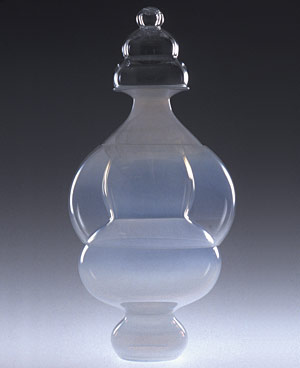The Middle Way is achieved when one reaches that point of cosmic balance between austerity and the creature comforts of the world. The ascetics who were with the Buddha were critical of him because he was no longer living an austere lifestyle. They considered his life too “cushy.” He was eating beautiful food and wearing a fine robe, while they existed on a few grains of rice and slept uncovered on a bed of nails.
The ascetics asked the Buddha, “What kind of teacher and yogi are you? You are soft, weak, indulgent.”
To which the Buddha replied, “I, too, have slept on nails; I’ve stood with my eyes open to the sun in the hot sands beside the Ganges. I’ve eaten so little food that you couldn’t fill one fingernail with the amount I ate each day. Whatever ascetic practices under the sun human beings have done, I, too, have done. Through them all I have learned that fighting against oneself through such practices is not the way.”
Through the years I have known a few ascetic-type personalities who forever deny the body, its needs, and its care. One young man I knew was so physically beautiful and so unhappy and grim. His eating habits were very austere and unpleasant. He always seemed to be miserable in the pursuit of his spiritual awareness. He munched on raw garlic cloves like they were peanuts and insisted they left no pungent odor on his breath. The rest of the world did not agree. I recall one acquaintance saying to this fellow that he would probably throw himself under a train rather than eat a Frito. His response was, “What’s a Frito?” If misery, self-denial and self-imposed suffering were the way to get “it,” we would all have gotten “it” a long time ago.
The Buddha emphasized the Middle Way, which he likened to the successful playing of the lute, the strings being not too taut, not too loose, but with just the right amount of pressure. We all need to seek a way to bring forth such balance in our own lives.

I deeply believe that it is vital to our spiritual practice that we become spiritually disciplined. Without spiritual discipline we are never going to wake up or advance on our journey through this life. But our discipline must be wedded to joy, and we must find pleasure in the myriad wonders that this life offers.
I smile when I recall taking Buddhist friends, Tibetan and American, to the airport. A young monk asked the American Buddhist if he could wheel her carry-on through the airport, because it was maroon and better matched his robes than his own tan one. We all laughed, the woman complied, and the monk was color-coordinated. He may have given up much of this world’s offerings, but within him remained an artistic sense of color—balance.
It isn’t that we can’t enjoy the finer things in life, we just need to know they are not our life. Those practicing the Middle Way know this. They can take in what is offered and available without being consumed by it. Their eyes discern beauty, even from the mundane. Their ears discern harmony from discordant notes. Their taste discerns pleasure from bland food. Their noses discern subtle notes of pleasant fragrance from the rancid.
We would have to be a bit off to choose the mundane, discordant, foul, and putrid to believe these will lead to spiritual awakening. So we choose the pleasant and do not allow it to possess us. When we don’t get what we would prefer, we don’t allow ourselves to become unbalanced and miserable—adding to our own suffering. We see it for what it is, and we are able to remain detached and move on.
Thank you for subscribing to Tricycle! As a nonprofit, we depend on readers like you to keep Buddhist teachings and practices widely available.